Hate crime
What it is and what we're doing about it
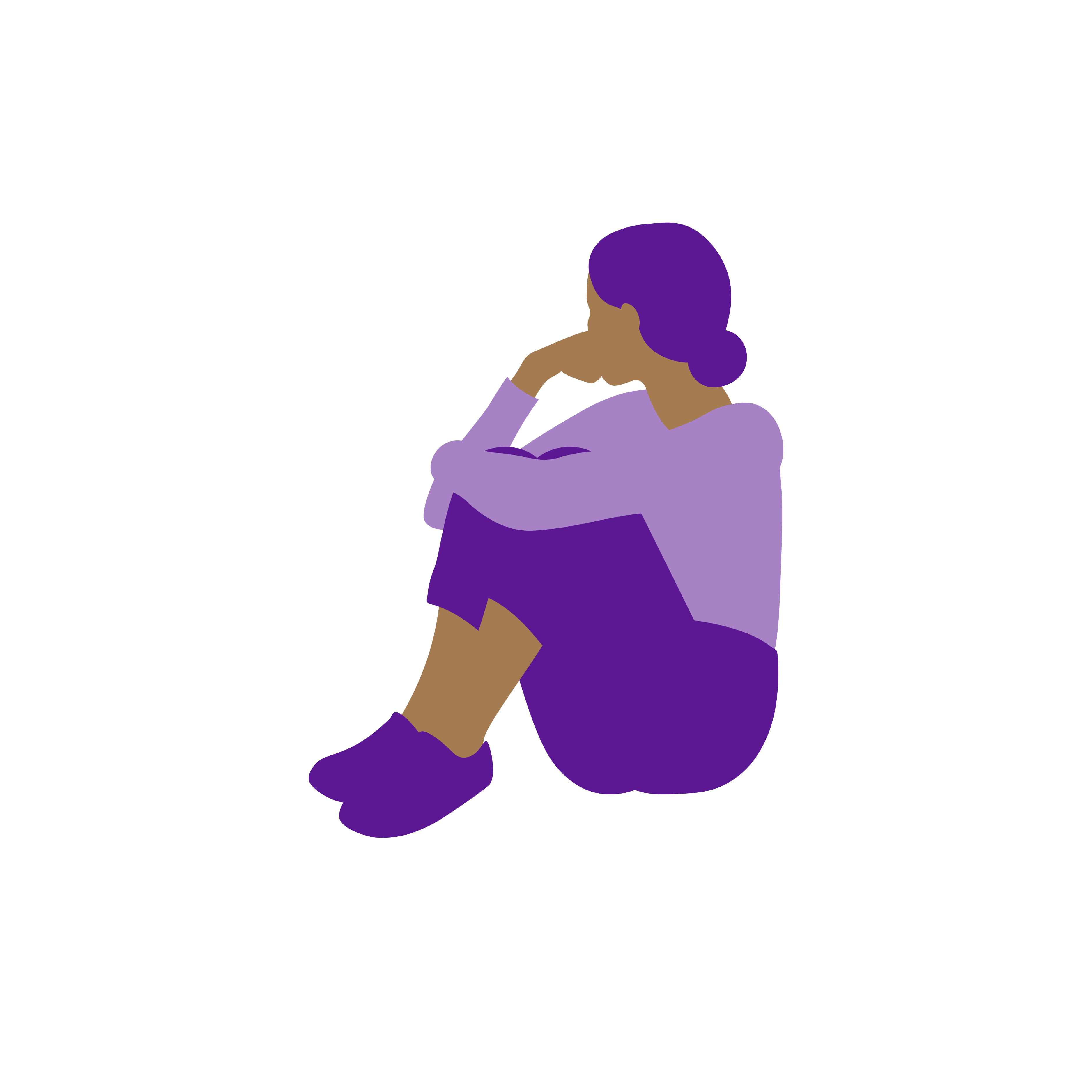
What is hate crime?
The law recognises five types of hate crime on the basis of:
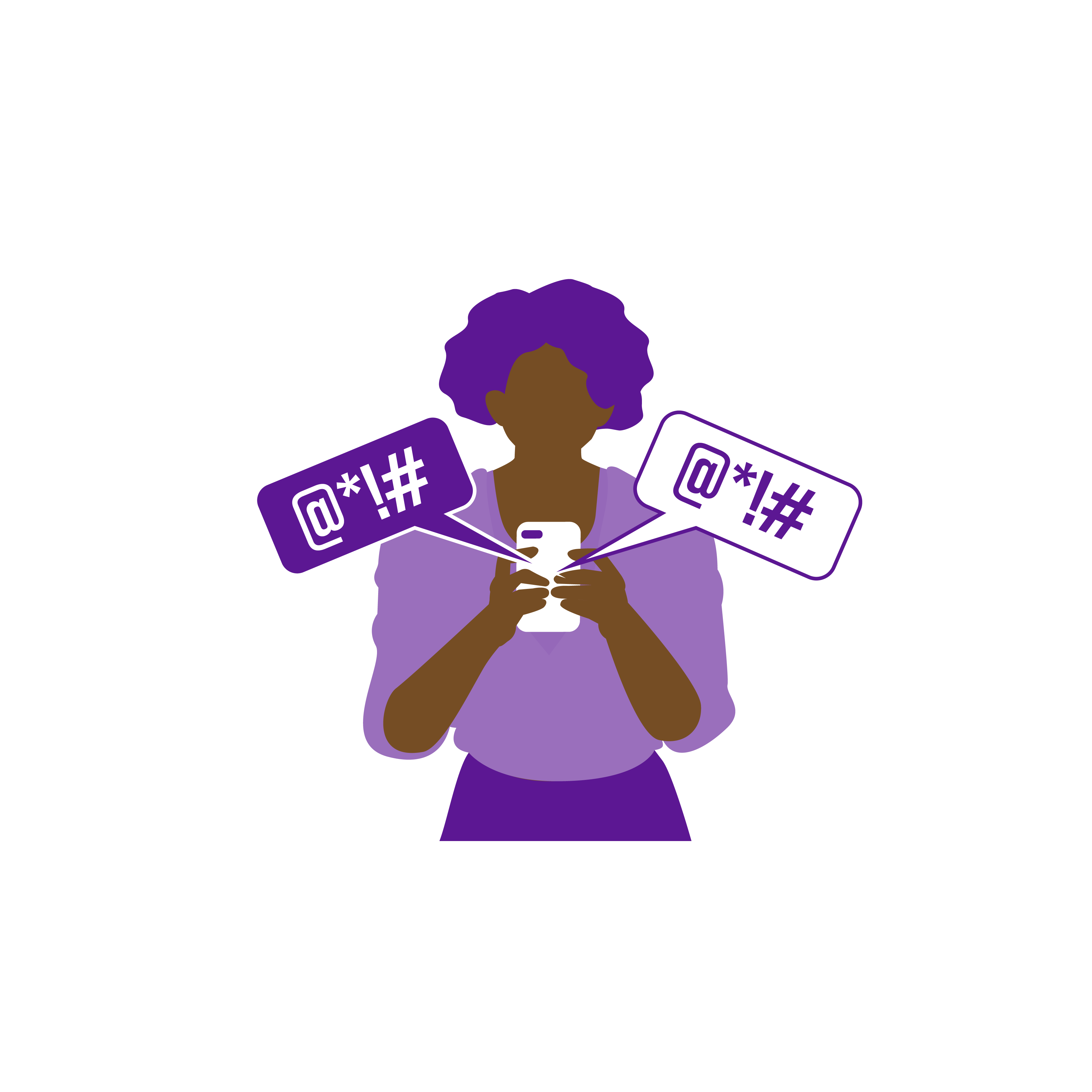
Race

Religion
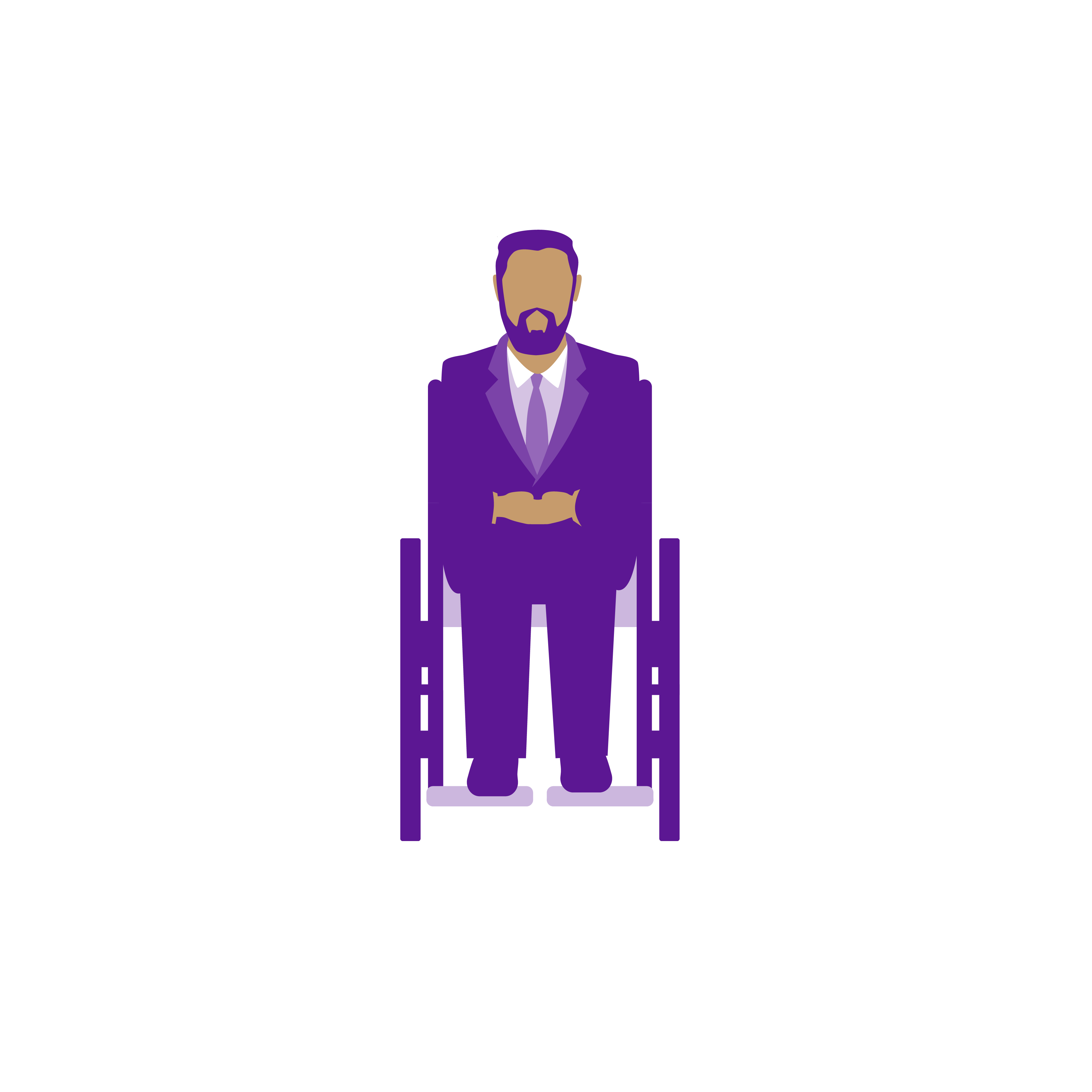
Disability

Sexual orientation

Transgender identity
Any crime can be prosecuted as a hate crime.
If the offender has either demonstrated hostility or been motivated by hostility based on any of these five grounds - it's a hate crime.
Someone can be a victim of more than one type of hate crime.
Why do we distinguish hate crime from other types of crime?
Hate crime targets people for who they are.
It's a very personal crime which can send a clear message: "You're not welcome".
Hate crime also reinforces long-established patterns of discrimination and prejudice against certain communities and groups of people.

For these reasons, Parliament introduced laws which mean that offenders can receive longer sentences if they're convicted of a hate crime.
What's the role of the CPS in prosecuting hate crime?
The police investigate and obtain evidence to show a crime has been committed.
In hate crime cases this includes gathering evidence that the victim has been targeted because of their race, religion, disability, sexual orientation or transgender identity - or what the offender believes to be their race, religion, disability, sexual orientation or transgender identity.

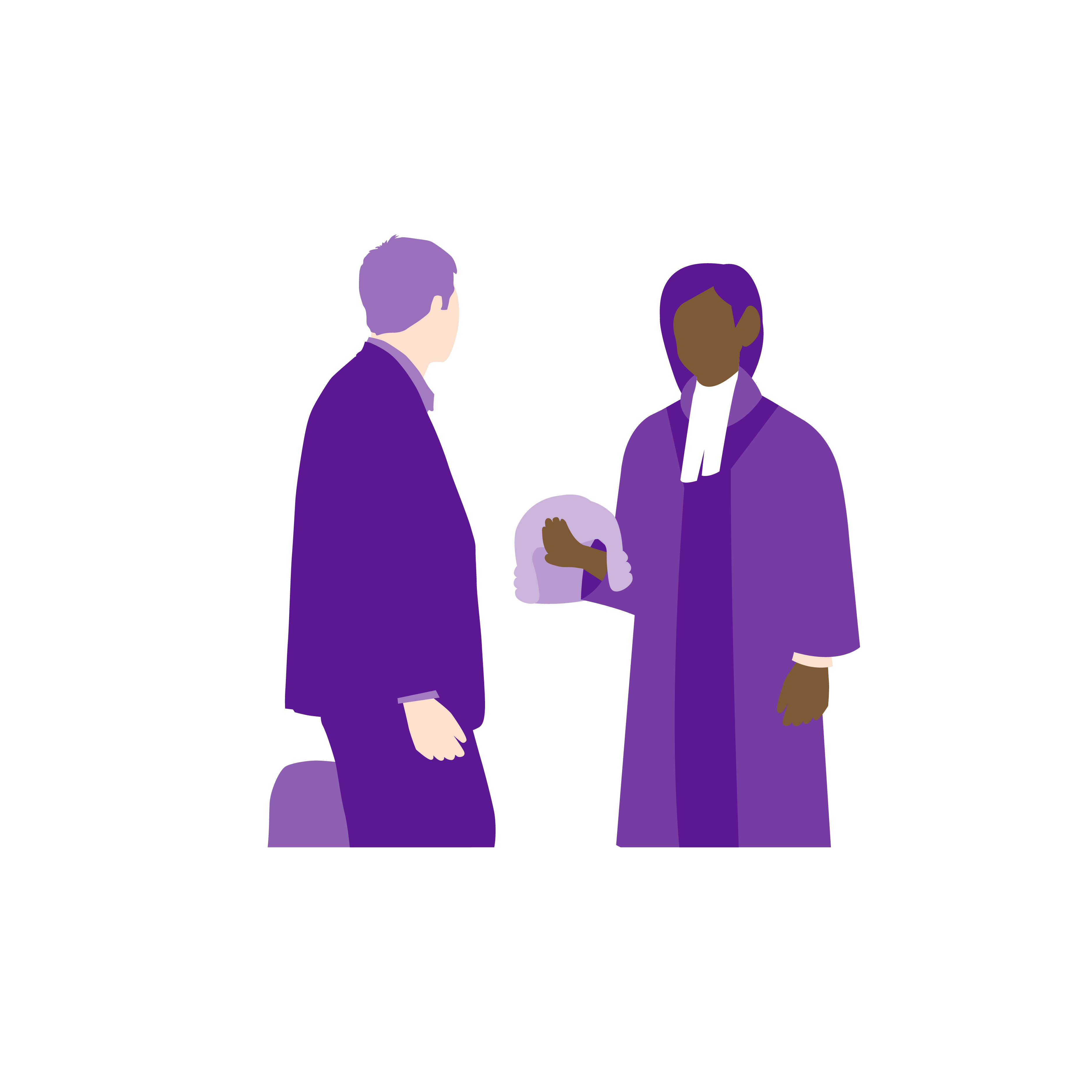
The CPS is responsible for deciding which cases go to court. This includes taking a decision on whether there is enough evidence to prosecute a crime as a hate crime.
If an offender pleads not guilty, the CPS is responsible for preparing and presenting the case against them at court
In hate crime cases, the CPS is also responsible for asking the courts to increase the sentence the offender receives - to reflect that the crime was a hate crime.
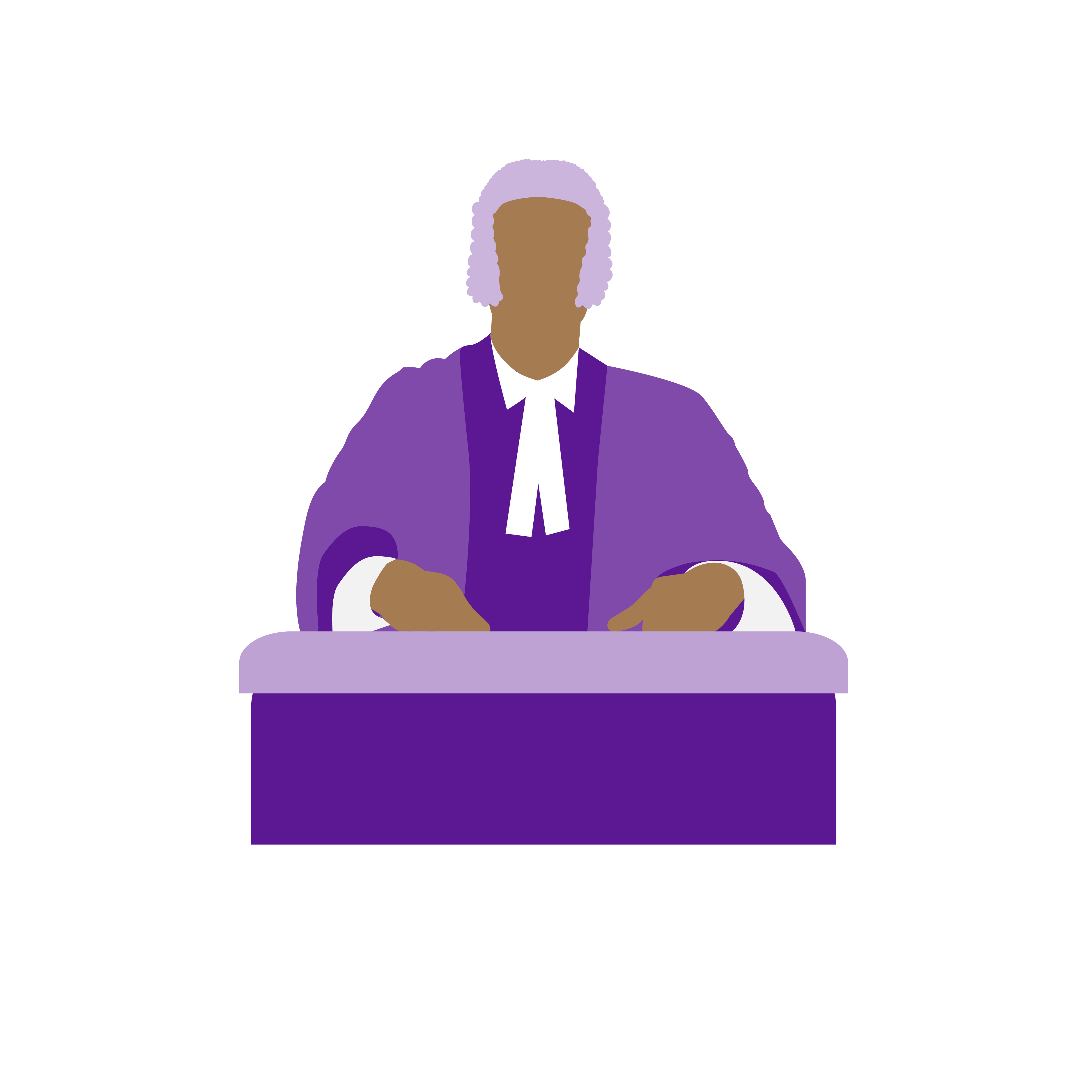
Our work is starting to pay off
13,000
The number of hate crime cases we prosecuted last year
85
The percentage of cases where the defendant was found guilty of one or more crimes
79
The percentage of those cases where the judge increased the sentence because they agreed that the crime was a hate crime
How to report hate crime
If you or someone else is in danger, call 999.
If it isn't an emergency, you can report hate crime by calling the police on 101
Or by filling in an online form at report-it.org.uk